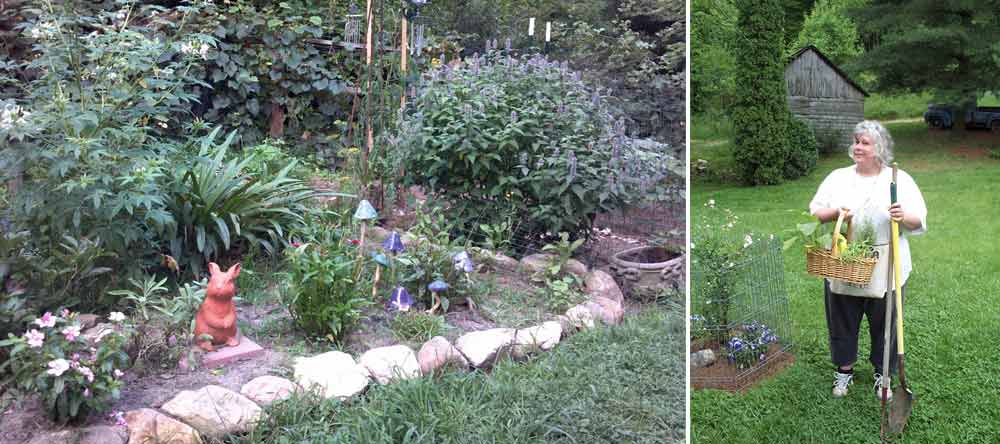
Gardening for Mental Health
Gardening has long been associated with a number of health benefits, both physical and mental. In recent years, research has shown that gardening can be particularly beneficial for mental health.
Growing free medicine for mental health
If you have mental issues, watch the following video. It's short, but comes straight from the heart.
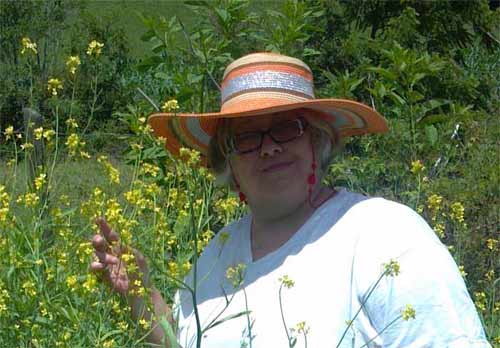
How does gardening help mental health?
Gardening reduces stress and anxiety. Being close to nature, getting some exercise, and focusing on the task at hand can all help to reduce stress levels.
Gardening improves mood. Gardening can boost feelings of happiness and well-being. This is likely due to the combination of the physical and mental benefits of gardening.
Gardening can be a rewarding activity that can help to boost self-esteem. Seeing plants grow and thrive as a result of your care and attention can be a very satisfying experience.
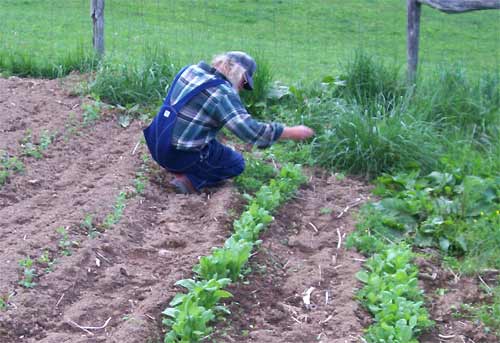
Gardening is good for the brain.
Growing things gives people a sense of accomplishment. It is a way to connect with nature and to feel like you are making a difference in the world.
Gardening improves focus and concentration.
The repetitive tasks involved in gardening can help calm the mind. This can be beneficial for people who struggle with attention disorders.
Gardening can help to reduce pain, both physical and emotional.
Gardening improves social interaction.
Gardening can be a great way to connect with like-minded people. Whether you are gardening with others, or speaking with a clerk at your garden center, connecting with other gardeners can really help. For the most benefits, sign up for a gardening class or join a club!
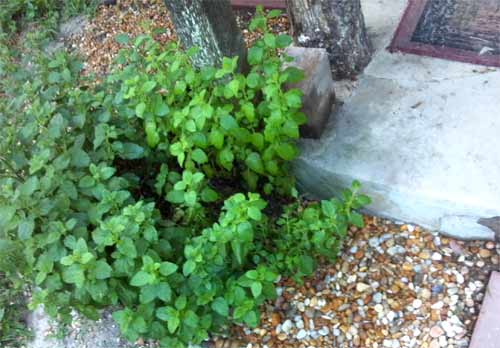
Try growing your own medicinal herbs
Growing a medicinal herb garden can be very therapeutic, plus it saves money. It is like having your own apothecary or herb store.
Try growing lavender, bee balm, passion flower vine, and other herbs that are known to help with stress, anxiety, panic attacks, depression, insomnia, and nervous conditions.
Visit my other website, Every Green Herb, to find more about using herbs to treat anxiety and other mental health issues.
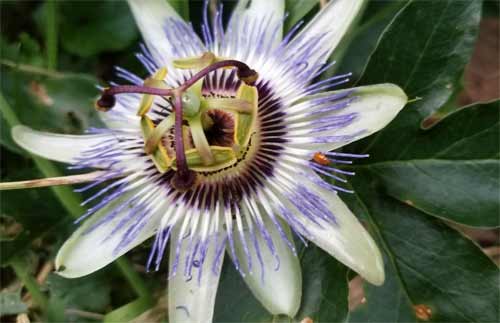
Growing herbs like lavender calms the brain.
We all know that the scent of lavender can help relax the mind and body. Well, growing it is even better! As you handle the plants, watch them grow, and harvest them for tea, mental health problems move to the background.
As you concentrate on nurturing your garden, let go of all negative feelings. This elevates the mood, eases emotional pain, helps with concentration, relaxes the nerves, and relieves post traumatic stress syndrome.
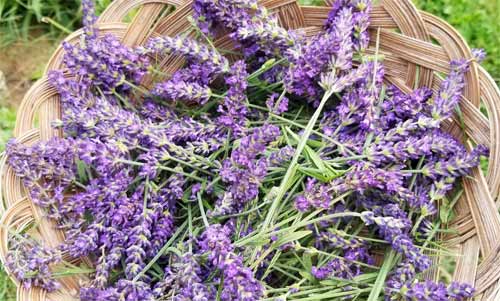
Take notes on your progress.
Keeping records is a good way to to stay focused, plus as the years go by, you can see what went right, and what went wrong.
As you write, be sure to sip a cup of healing tea. Hopefully you will have lemon balm, passion flower, and other herbs to harvest after a few months.
Watching the weather, amending your soil, and the joy seeing
your seeds sprout, makes worldly problems seem less important. Who
can be anxious when growing lavender or bee balm plants? All mental
health gardens should have at least one of these amazing plants!
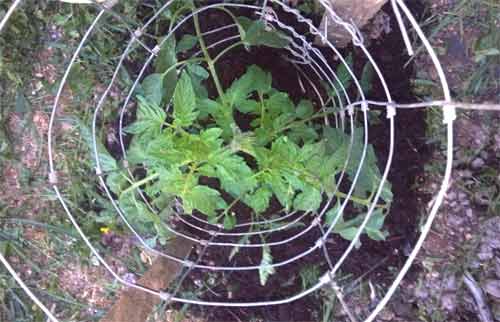
After starting a garden, whether vegetables, flowers, or herbs, you will feel better immediately. Just getting outdoors and moving around helps a lot. Once you see your work paying off, you will really notice improvements in your mental health.
How to get started with herb gardening
If you are interested in growing your own medicinal herbs, then get started now. You can do it.
First, find a space to garden. This could be a small space in your backyard, a window box, or a community garden. If you live in the city, a few pots on a balcony or patio will work.
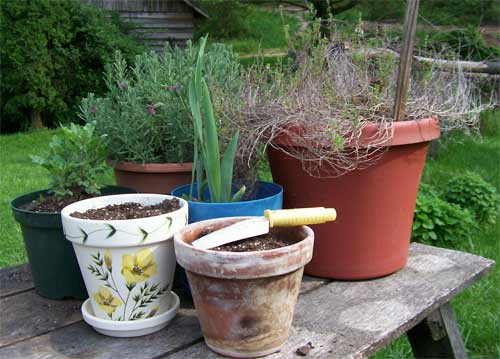
Choose plants that are easy to care for. If you are new to gardening, it is best to start with plants that are low-maintenance and forgiving such as bee balm and mint. Lavender is not hard to grow, but the seeds are sometimes difficult to sprout. If you want a good stand of lavender, then purchase plants from a garden center.
Set realistic goals.
Don't expect to have a beautiful garden overnight. It takes time and effort to grow a healthy garden.
Enjoy the process. Gardening is a journey, not a destination. Soak up the peace and tranquility of being in nature, and take pride in your hard work.
If it is winter, order seeds and garden catalogues. Get a notebook and make a plan. Writing things down is a part of the process.
Gardening, whether you grow herbs, vegetables, or flowers, is a great way to improve your mental health. It is a natural way to reduce stress and improve your outlook on life.
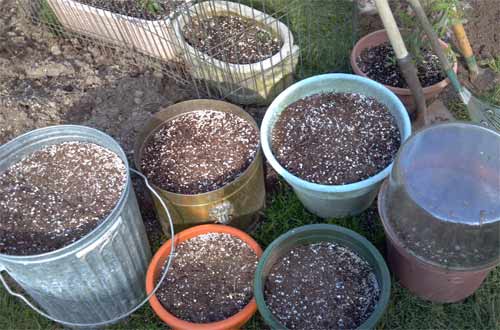
More ideas for mental health gardening
Find a gardening buddy. Having someone to garden with can make it more fun and social.
Gardening can be a social activity or it can be a time to meditate. Try both and see what works best for you.
Listen to music while you garden. Music can help you to relax and de-stress.
Don't try to garden for too long at a time. Take breaks to rest and hydrate. Both humans and plants need water, especially in hot weather.
Fertilize your herbs every few weeks. Fertilizing your herbs will help them to grow strong and healthy.
Be patient. Gardening takes time and effort. Don't get discouraged if you don't see results immediately.
Choose herbs that you will actually use. There are many different types of herbs to choose from, so find some that you find interesting and appealing.
Start small. If you are new to gardening, start with a small project, such as planting a few herbs in pots.
Place your herb garden in a spot that gets plenty of sunlight. Most herbs need at least 6 hours of sunlight per day.
Keep an eye out for pests. Herbs can be susceptible to insects, deer, groundhogs, birds, and rabbits.
Gardening can teach you about plants, soil, and the natural world. It benefits the brain to learn something new, so give it a try.
What are you waiting for? Get started today!
Thanks for reading my blog, Jan.
Back to list of blog posts
To purchase heirloom corn seed, yellowroot, and other herbs, visit Every Green Herb (our herbal encyclopedia and online store).
Contact us by email at hometown30512@yahoo.com
Payne Mountain Farms
322 EV Farm Dr.
Blairsville, GA 30512 USA
This post contains original photos, text, and other content by Janice Boling. If stock photos are used, credits are given. Sources are also listed when applicable.
© 2010 - 2023 by Janice Boling